Summer Rayne Oakes is an influencer who's devoted less to the number of likes her selfies get and more to finding creative solutions to environmental challenges.
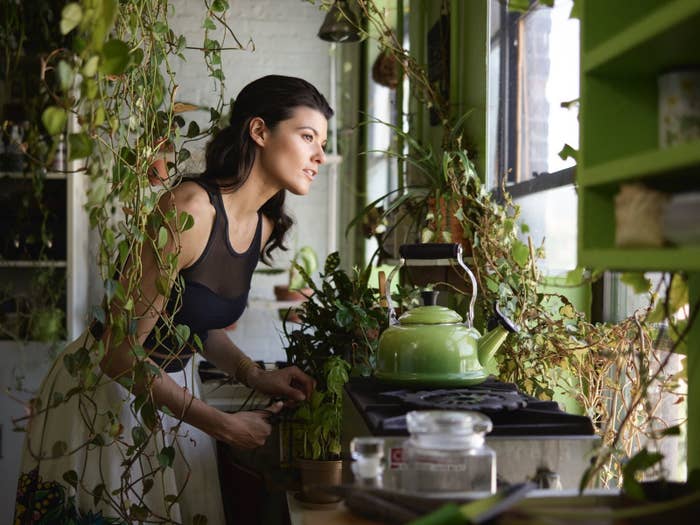
She also really, really loves plants. Check out her home:
When searching for expert insight on why it's actually therapeutic to keep houseplants, we naturally went to the woman who famously keeps (and maintains) over 700 plants in her Brooklyn apartment. Here's what we learned.
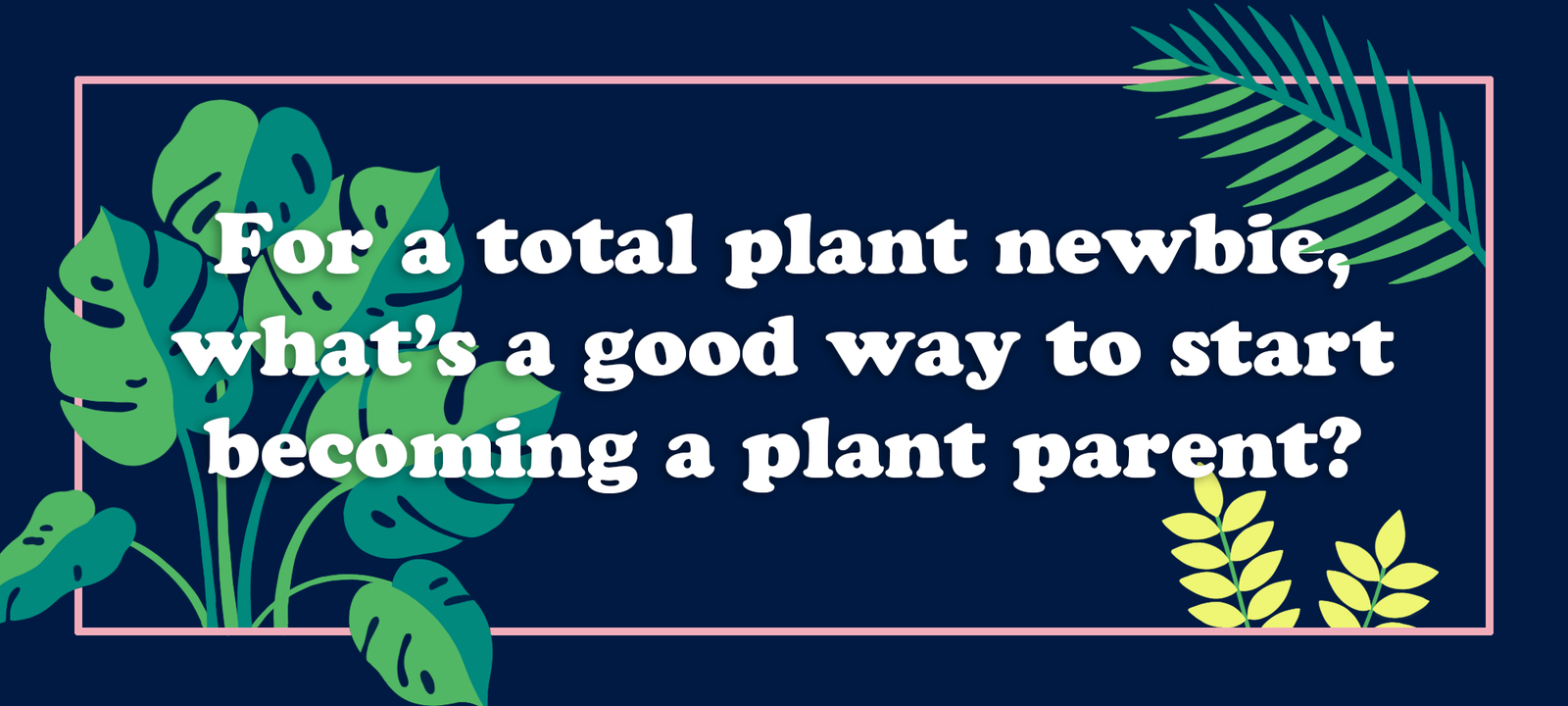
Summer Rayne Oakes: One of the first suggestions I mention to people at my workshops is to know what direction your windows face. Plants are completely reliant on light, as that is what they use as their source of food — so a windowless bathroom just won’t suffice unless you opt for a plastic plant (sorry, plant hopefuls!). Once you know your lighting situation, then you can figure out what kind of plant parent you think you’ll be. Are you someone who is forgetful or who travels a lot (and therefore cannot keep on a regular schedule to water or fertilize the plant)? Or perhaps you’re someone who is a creature of routine, and you know every Tuesday and Thursday at 8 a.m. will be your plant care day. Once you have a sense of what box you check, then you’ll be able to better intuit the plant that is right for you. There are certain plants that do well across a range of lighting conditions and watering regimens, so those in general will be well suited for the plant newbie.
Additionally, coupling the plant (or plants) with something important in your life may allow you to become a more thoughtful plant parent. For instance, I have lots of plants in my home that have been gifts from friends or family or that I purchased [during] a big life stage. Associating your plant with a more mindful journey, like the setting of weekly intentions, for instance, can be a great way to bring plants into your life on a more routine, long-lasting basis.
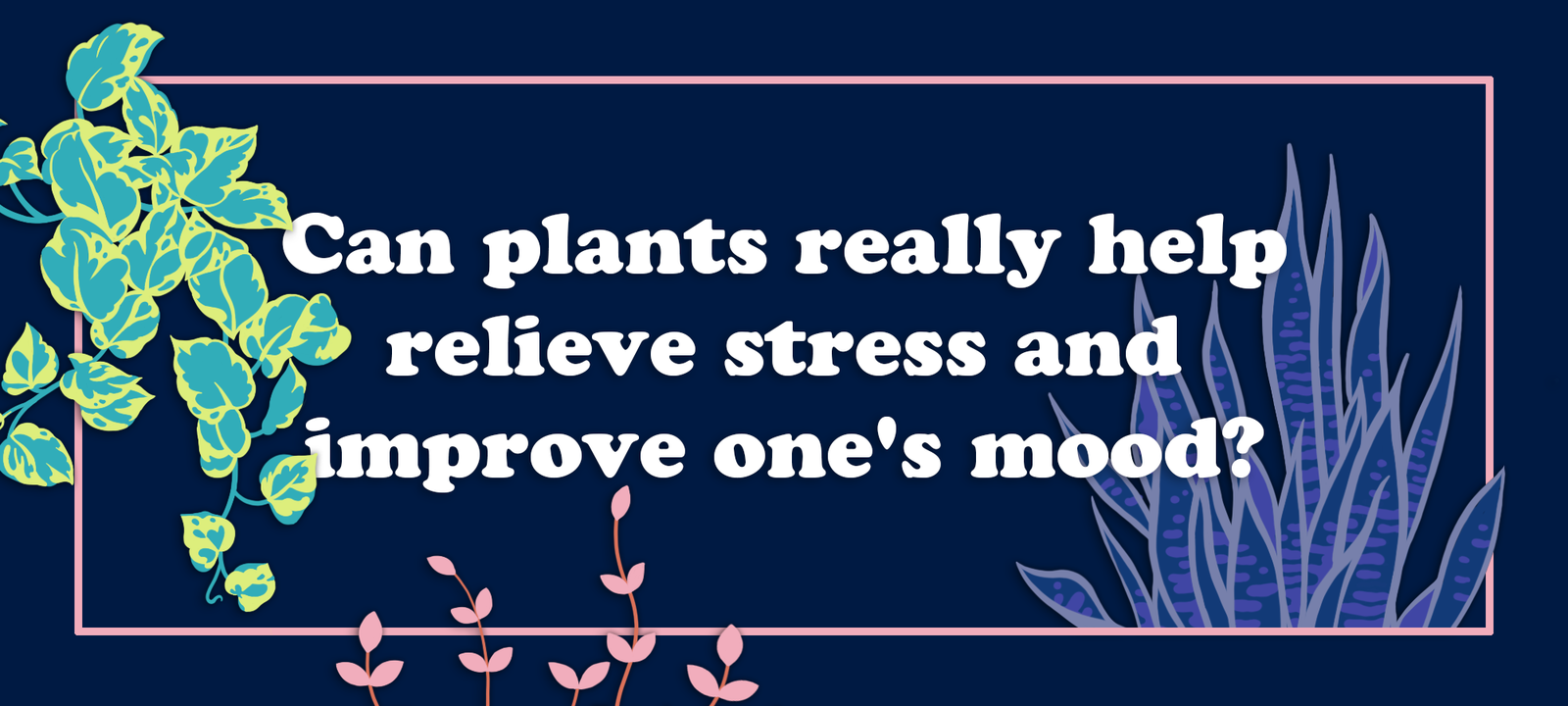
SRO: We don’t need to hear the latest research to know that plants make us feel better. However, there has been significant amounts of research done to showcase that being out in nature, a view of plants from a window, and even gardening has significant physical and mental (not to mention spiritual) health benefits. This has given rise to professions in horticultural therapy as well as Shinrin-yoku, the Japanese term for “forest bathing,” which essentially means a prescription to spend time in the forest to reduce stress or anxiety levels.
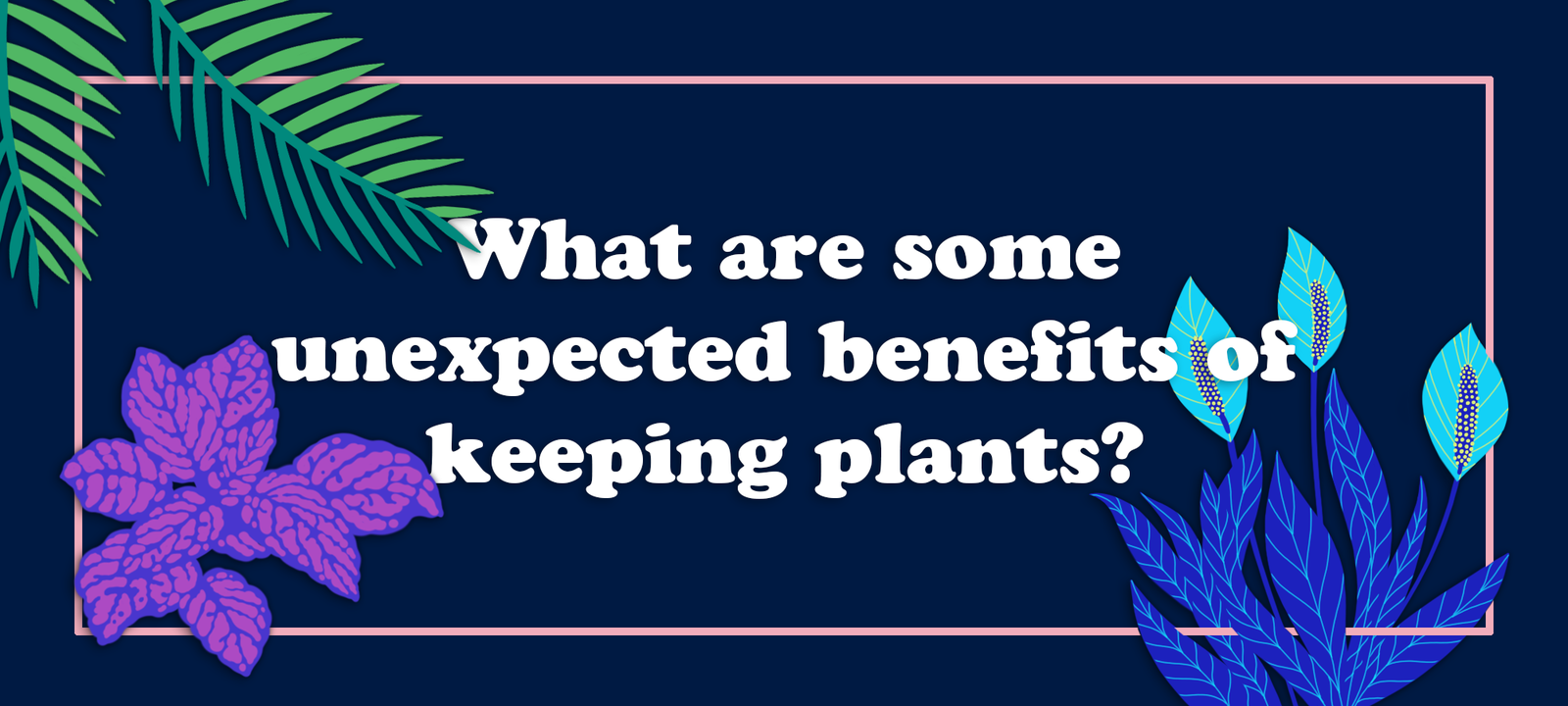
SRO: People often say they want to change their lifestyle (e.g., give up beer on weekends, work out three times a week), but lifestyle changes don’t often happen overnight — they happen over time through little day-to-day changes that eventually become a routine. Plants can help us get into the routine of a healthier lifestyle. They require us to take pause and care for them, in a way that we might have not been accustomed to before.
Additionally, studies show that being around plants can make people more “creative”...and from a more anecdotal perspective, I know many graphic designers, illustrators, and artists who are both directly and indirectly inspired by nature, and more specifically plants, and that works its way into their artwork.
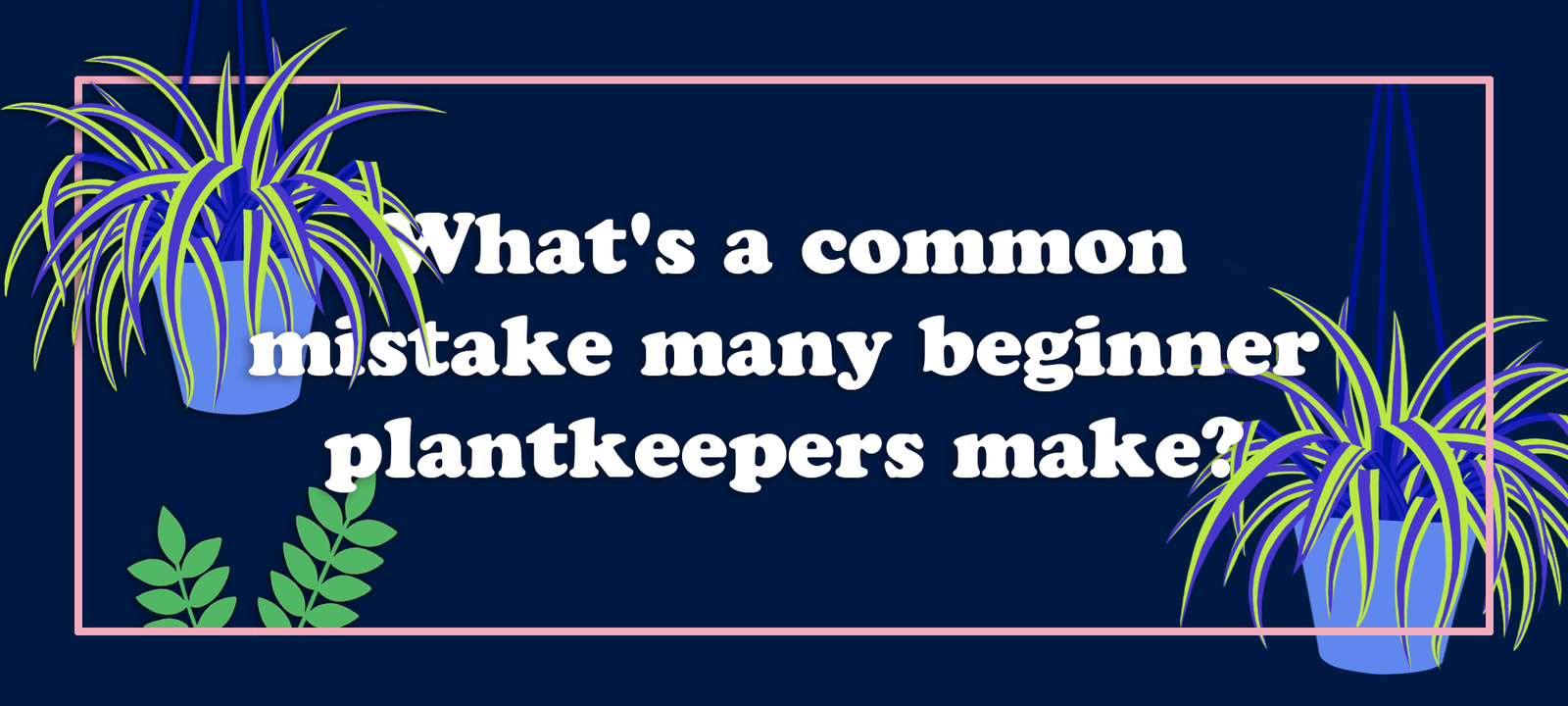
SRO: Many of us don’t have the pleasure of having a lot of light in our homes or apartments, so we often stick plants that we get from the store in lower-light conditions. Since you often need to water plants in relation to the quality and intensity of light, many people tend to overwater their plants, and this can lead to root rot.
People also love to buy decorative pots for their planters, but many of these pots are cachepots, meaning a decorative planter that doesn’t have a drainage hole at the bottom, which prevents water buildup in the pot. Instead, keep the nursery pot that the plant came in, place that into the cachepot, and then drain the cachepot if the water builds up in it. Or alternatively get a new planter with a drainage hole to allow for proper drainage of water!
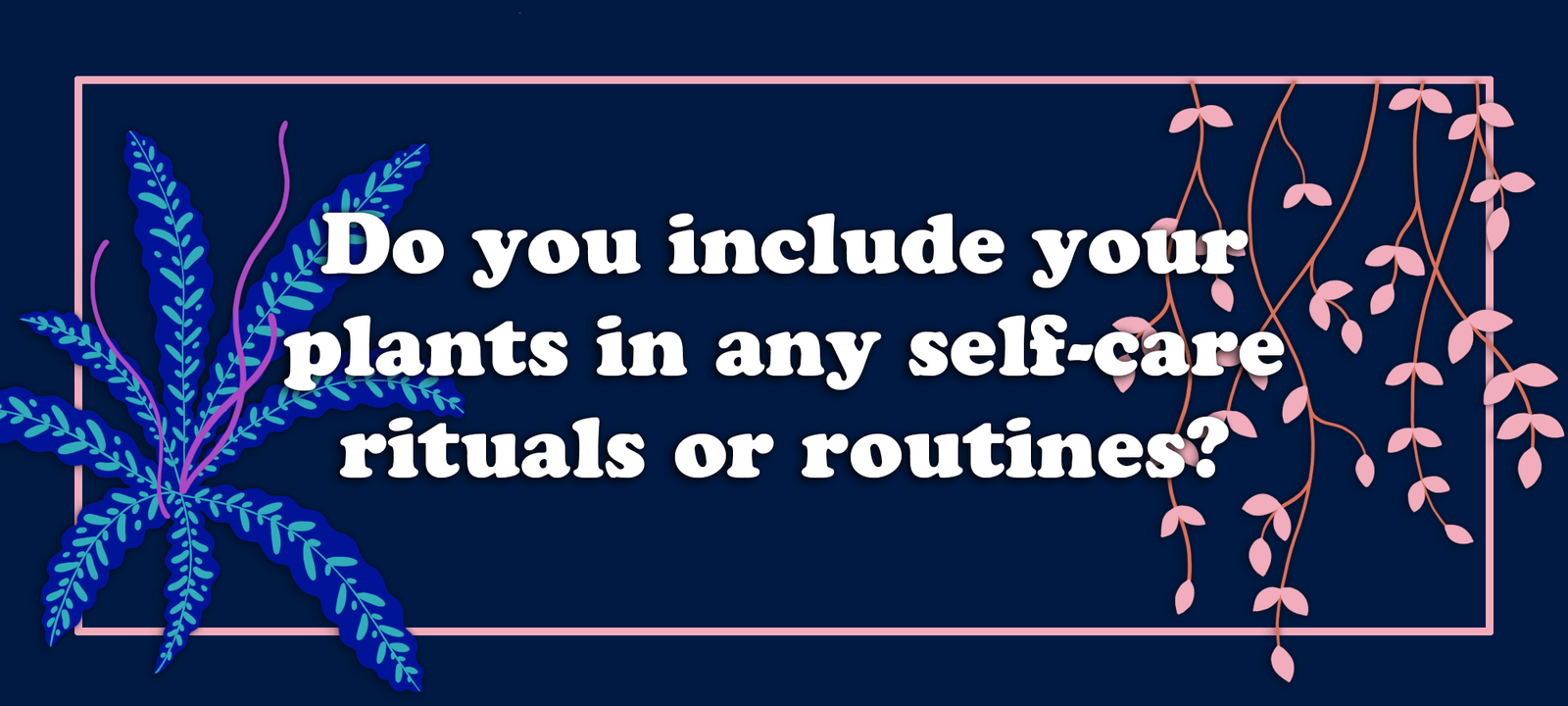
SRO: Every morning I wake up and walk around my house to take a survey of my plants. This takes me anywhere from 10 minutes to 30 minutes. If plants need extra watering, especially during the heat of the summer, then I’ll water them. Additionally, every Sunday is my official plant care day and I can easily spend a whole day with my plants. But I describe caring for my plants as a “moving meditation,” and that for me is part of my self-care.
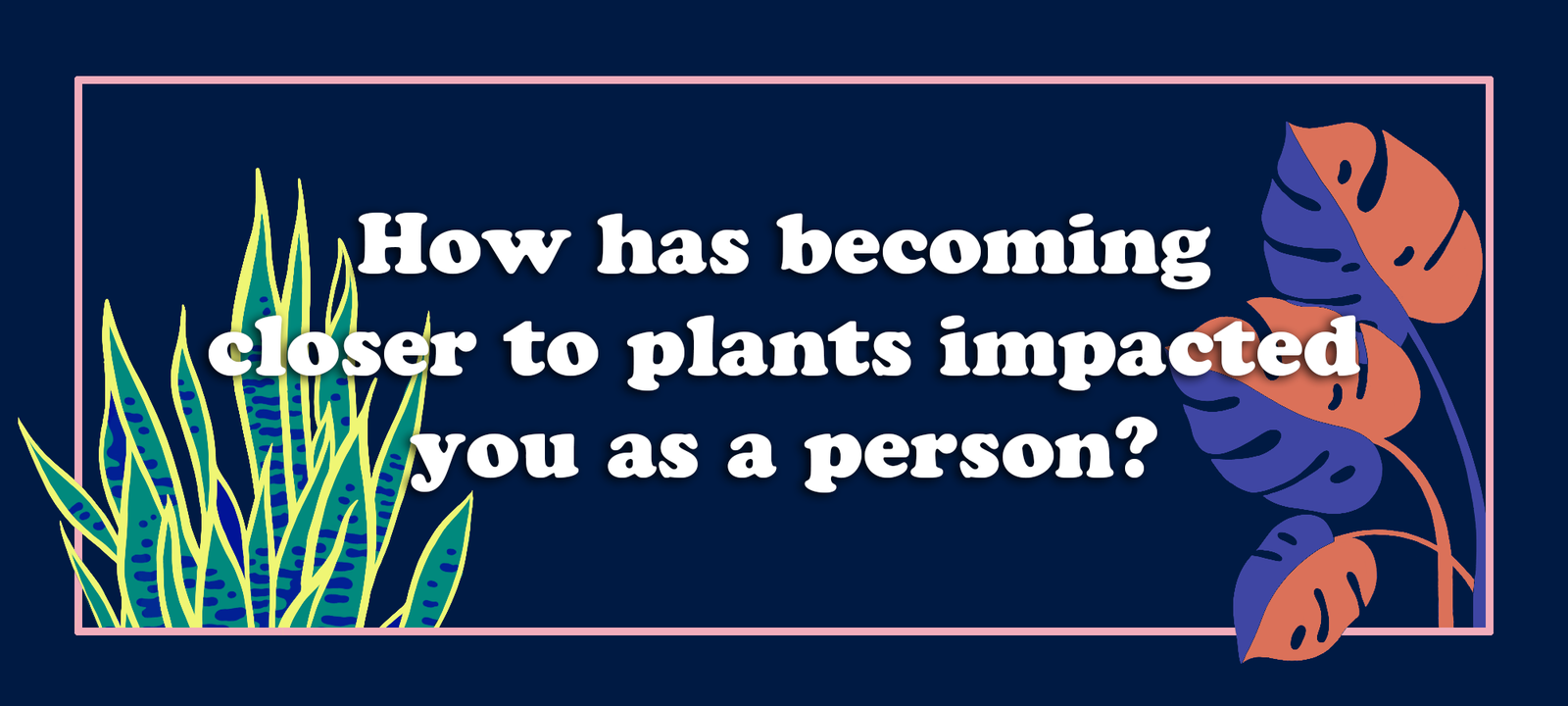
SRO: Firstly, it’s allowed me to live in this frenetic city! My house is my oasis, and my plants largely contribute to that. They’ve also inspired me to get outdoors more — encouraging me to get more involved in my community garden and in other open areas around my neighborhood. They make me realize how much I need nature in my life to feel calm, cool, collected — and sane!
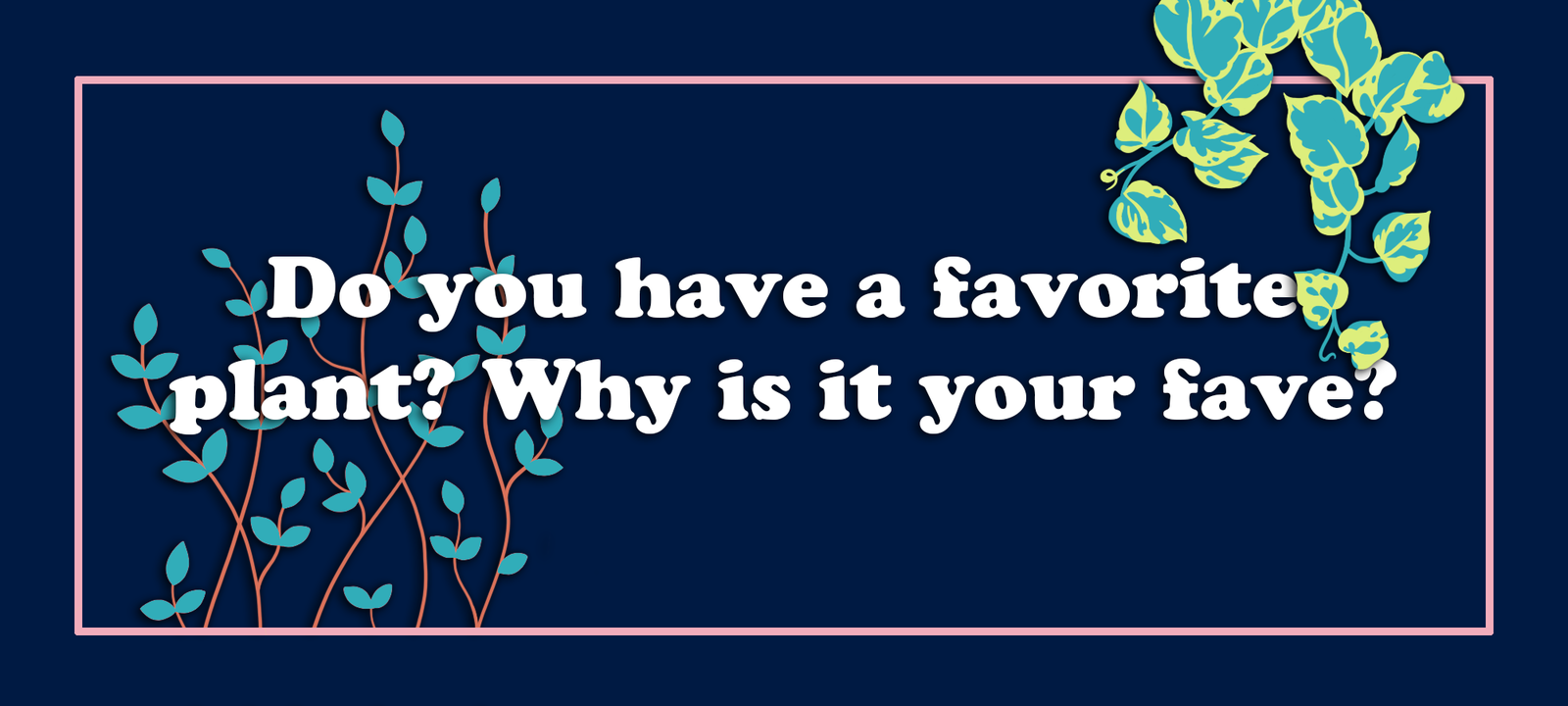
SRO: Peperomia. It’s a generic name for a genus of plants and they vary in appearance, but most are diminutive plants that are fun to keep, particularly if you’re short on space!
Check out Summer Rayne's website here and follow her on Instagram here!
Illustrations by Marjan Farsad © BuzzFeed
